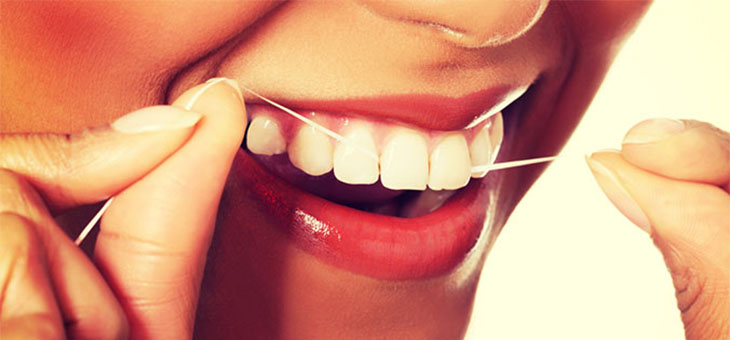Australia should introduce a Medicare-style universal insurance scheme for primary dental care to ensure all Australians can go to the dentist when they need to, according to a new Grattan Institute report.
The Grattan Institute’s Filling the gap report calculates the scheme would cost an extra $5.6 billion a year and suggests it could be paid for in part by a rise in the Medicare levy, and recommends it be phased in over 10 years.
The report follows a $5.8 billion election policy announcement by Greens leader Richard Di Natale, who promised to provide Medicare-funded dental care for every child, aged pensioner, full-benefit recipient and concession card holder.
“Your health shouldn’t be determined by your postcode or bank balance,” said Dr Di Natale, a former GP and public health specialist.
“Untreated dental disease can dramatically impact on a person’s health and quality of life, and it is the most vulnerable people in our community who are impacted the most.”
According to the Grattan Institute, about two million Australians who required dental care in the past year either didn’t get it or delayed getting it because of the cost. And it is the poor and disadvantaged who are most likely to miss out on care, because most spending on dental care comes straight out of the pockets of patients.
“Millions of Australians have delayed visiting the dentist because of high out-of-pocket costs, which is why the Greens have long been champions of Medicare-funded dental care,” Dr Di Natale explained.
“In 2012, the Greens secured Medicare-funded dental care for 3.4 million children and now we commit to build on that foundation.
“The Coalition has never supported Medicare, but if the Labor party really support affordable universal healthcare, Bill Shorten should commit to working with the Greens to bring dental into Medicare,” Dr Di Natale said.
About a quarter of Australian adults say they avoid some foods because of the condition of their teeth; for low-income people, it’s about a third. Low-income people are more likely to have periodontal disease, untreated tooth decay, or missing teeth.
The Grattan Institute’s health program director Stephen Duckett says that it is a problem that needs addressing.
“When Australians need to see a GP, Medicare picks up all or most of the bill. But when they need to see a dentist, Australians are on their own,” Dr Duckett said.
Bad oral health has painful and costly consequences.
Oral health conditions can contribute to other health problems, including diabetes and heart disease.
Most oral health conditions are preventable, yet people often end up going to a GP or hospital emergency department to be treated for conditions that could have been arrested with earlier care.
“Existing public dental schemes are inadequate, uncoordinated and inequitable across states and territories,” Dr Duckett explained.
“Most states have waiting lists of well over a year for public dental care – and if people need to wait a year for care, their conditions are only going to get worse.
“The Commonwealth Government should announce that it will take responsibility for funding primary dental care – just as it takes responsibility for primary medical care.
“There’s no compelling medical, economic, legal or logical reason to treat the mouth so differently from the rest of the body,” Dr Duckett said.
Do you think the Australian government should fund a universal dental care scheme? What do you think of the Greens’ policy? Would this proposal encourage you to vote for the Greens at the next election?
Related articles:
Dental tourism can be painful
Accidental overdoses on the rise
Aussies dropping dental visits

